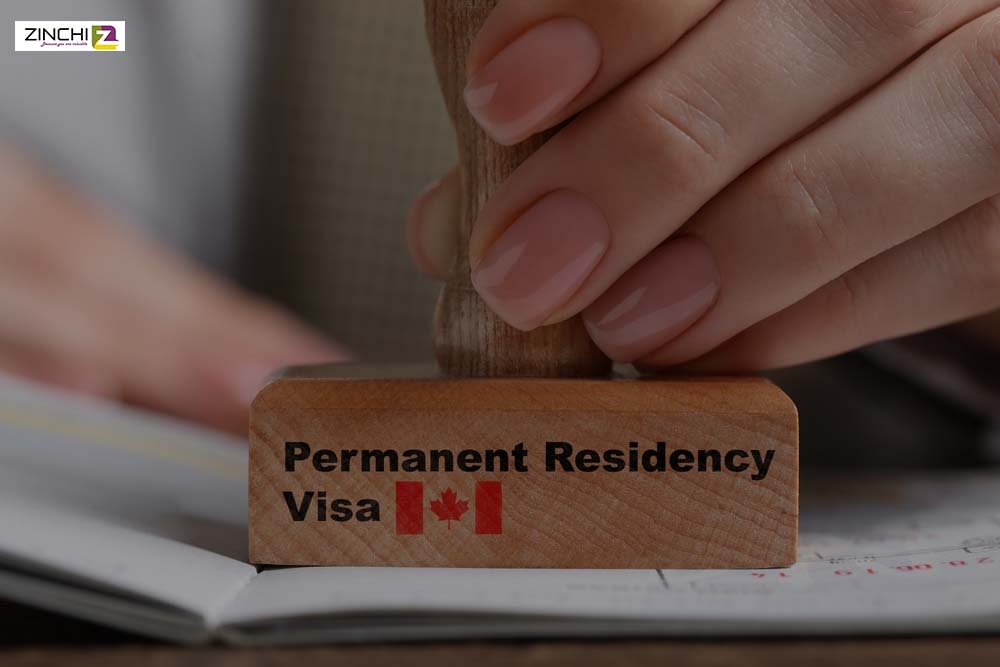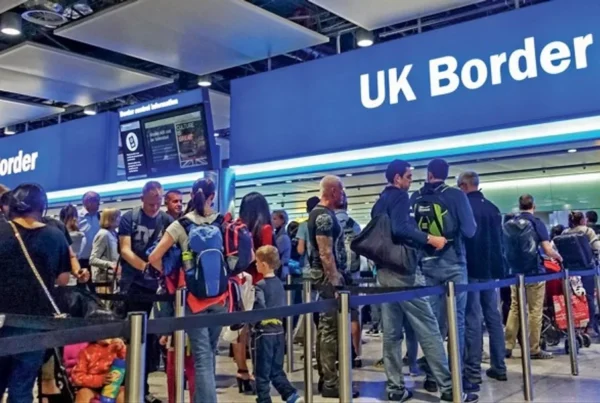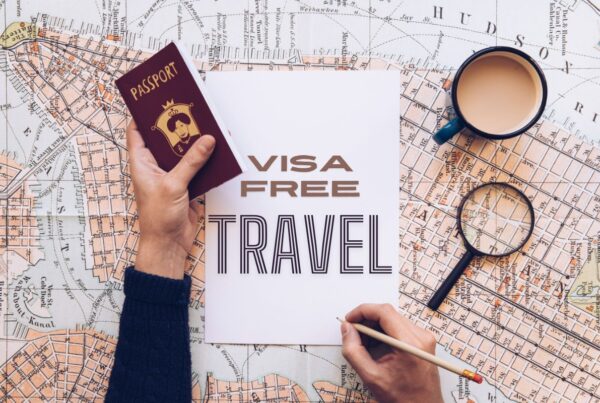
Table of Contents
Introduction
Canada is a popular destination for immigrants who want to enjoy a high quality of life, a diverse and welcoming culture, and a strong economy. If you are one of them, you may be wondering how to apply for permanent residency in Canada in 2023.
Permanent residency is a status that allows you to live, work, and study in Canada indefinitely, as long as you meet certain conditions. It also gives you access to social benefits such as health care, education, and pension. Permanent residents can also apply for Canadian citizenship after living in Canada for at least three years.
There are many ways to apply for permanent residency in Canada, depending on your situation, skills, and preferences. In this blog post, we will explain some of the most common programs and steps to apply for permanent residency in Canada in 2023.
Express Entry
Express Entry is an online system that manages applications for three federal economic immigration programs: the Federal Skilled Worker Program, the Federal Skilled Trades Program, and the Canadian Experience Class. These programs are designed for skilled workers who have work experience, education, language proficiency, and other factors that can contribute to Canada’s economy.
To apply for permanent residency through Express Entry, you need to:
- Create an online profile and provide information about your skills, work experience, education, language ability, and other details.
- Receive an invitation to apply (ITA) if you meet the eligibility criteria and rank high enough in the pool of candidates based on a points system called the Comprehensive Ranking System (CRS).
- Submit your complete application online within 60 days of receiving your ITA. You will need to provide supporting documents such as proof of identity, education credentials, work experience certificates, language test results, police certificates, medical exams, and proof of funds.
- Pay the application fees, which are $1,365 CAD for yourself and each accompanying spouse or partner, and $230 CAD for each accompanying dependent child as of April 30, 2022.
- Wait for a decision from Immigration, Refugees and Citizenship Canada (IRCC), which can take up to six months or longer depending on your case.
Provincial Nominee Program
The Provincial Nominee Program (PNP) allows each province and territory in Canada to nominate a certain number of immigrants who have the skills and experience that meet their specific labour market needs. Each province and territory has its own streams and criteria for selecting candidates.
To apply for permanent residency through the PNP, you need to:
- Choose a province or territory where you want to live and work, and check their PNP streams and requirements.
- Apply to the province or territory directly or through Express Entry (if they have an aligned stream) and receive a nomination certificate.
- Apply to IRCC for permanent residence within six months of receiving your nomination. You will need to fill out an online form (IMM 0008) and provide supporting documents similar to those required for Express Entry.
- Pay the application fees, which are $1,365 CAD for yourself and each accompanying spouse or partner, and $230 CAD for each accompanying dependent child as of April 30, 2022.
- Wait for a decision from IRCC, which can take up to 19 months or longer depending on your case.
Other Programs
There are also other programs that can help you apply for permanent residency in Canada in 2023, such as:
- The Agri-Food Pilot, which is for workers in specific agricultural occupations who have at least one year of full-time work experience in Canada.
- The Atlantic Immigration Pilot, which is for workers who have a job offer from an employer in one of the four Atlantic provinces: New Brunswick, Newfoundland and Labrador, Nova Scotia, or Prince Edward Island.
- The Caregiver Programs (Home Child Care Provider Pilot and Home Support Worker Pilot), which are for workers who have at least two years of full-time work experience as a caregiver in Canada.
- The Humanitarian and Compassionate Considerations Program, which is for people who face unusual hardship or exceptional circumstances that warrant granting them permanent residence on humanitarian grounds.
- The Quebec Immigration Programs (Quebec-selected Skilled Workers Program,
Quebec Entrepreneurs Program,
Quebec Investors Program), which are for people who want to settle in Quebec and meet the province’s selection criteria. - The Rural and Northern Immigration Pilot, which is for workers who have a job offer from an employer in one of the participating rural or northern communities across Canada.
- The Self-Employed Persons Program, which is for people who have relevant experience in cultural activities or athletics and intend to make a significant contribution to the cultural or athletic life of Canada.
- The Family Sponsorship Programs, which are for Canadian citizens or permanent residents who want to sponsor their spouse, partner, dependent child, parent, grandparent, or other eligible relative to come to Canada.
- The Start-up Visa Program, which is for entrepreneurs who have a qualifying business idea and the support of a designated organization in Canada.
Conclusion
Applying for permanent residency in Canada in 2023 can be a complex and lengthy process, but it can also be rewarding and life-changing. If you are interested in becoming a permanent resident of Canada, you should start preparing your application as soon as possible and consult the official sources for the latest information and guidance. You can also seek professional help from a licensed immigration consultant or lawyer if you need assistance with your application.
We hope this blog post has given you some useful information and tips on how to apply for permanent residency in Canada in 2023. If you have any questions or comments, please feel free to leave them below. We would love to hear from you!
Apply for permanent residence: Express Entry – Canada.ca
Apply online using the Permanent Residence Portal – Canada.ca
Application for Permanent Residence – Provincial Nominee Class
Frequently Asked Questions

How can I determine whether I can apply for permanent residence?
You can use the Come to Canada tool on the official website to find out if you are eligible for any of the immigration programs that lead to permanent residence. The tool will ask you some questions about your situation and preferences, and then give you a list of options and instructions on how to apply.
What are the steps to apply for permanent residence through Express Entry?
Express Entry is an online system that manages applications for three federal economic immigration programs. To apply for permanent residence through Express Entry, you need to:
- Create an online profile and provide information about your skills, work experience, education, language ability, and other details.
- Receive an invitation to apply (ITA) if you meet the eligibility criteria and rank high enough in the pool of candidates based on a points system called the Comprehensive Ranking System (CRS).
- Submit your complete application online within 60 days of receiving your ITA. You will need to provide supporting documents such as proof of identity, education credentials, work experience certificates, language test results, police certificates, medical exams, and proof of funds.
- Pay the application fees, which are $1,365 CAD for yourself and each accompanying spouse or partner, and $230 CAD for each accompanying dependent child as of April 30, 2022.
- Wait for a decision from Immigration, Refugees and Citizenship Canada (IRCC), which can take up to six months or longer depending on your case.
What is the difference between a permanent resident and a citizen?
A permanent resident is someone who has been granted the right to live, work, and study in Canada indefinitely, but is still a citizen of another country. A citizen is someone who has been granted full rights and responsibilities as a member of the Canadian society, such as voting, travelling with a Canadian passport, and applying for a Canadian passport. Permanent residents can apply for citizenship after living in Canada for at least three years.




